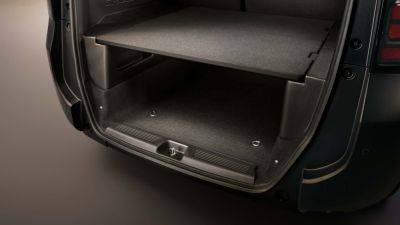LinkedIn Has Games Now
LinkedIn, the social network that is ostensibly about work, now has a space just for playing games. The company launched LinkedIn Games this week after testing the gaming waters earlier this year. The new puzzle and logic games are free, straightforward, and only a little bit of a ripoff of The New York Times’ very popular game offerings.
In a blog post attributed to LinkedIn VP Daniel Roth, the company said the goal of the games is to give users a short mental break while on the platform. (And, of course, the unspoken part: Games keep people on the platform longer and drive engagement.)
Currently, there are three games available. Pinpoint feels like playing a single row of the The New York Times’ Connections games. Crossclimb is a Wordle-esque matching game where you answer clues to solve a larger riddle. Queens is a mashup of chess and Sudoku that annoyed me just enough to ensure that I felt spitefully compelled to finish it no matter what. (I filed this story to my editor late because of it. It’s pretty good.)
Like The New York Times’ games, LinkedIn’s games can be played just once per day. Users can share their scores directly on the platform, in case anyone needs to make posting on LinkedIn even more competitive.
Here’s some other consumer tech news from this week.
Face Plant
Surprise surprise, Razer’s not-so-futuristic light-up face mask is bad, actually. Razer is known for its use of colorful RGB lightning in just about all of its products, even though the flashy display scheme proved somewhat underwhelming on its Zephyr face mask. Even worse, the company claimed the mask had the equivalent filtration qualities of an N95 mask, which can filter out harmful particles as well as viruses.
Turns out, that capability was never formally tested. Now, the Federal Trade Commission has ordered the company to pay for making these claims about the mask’s capabilities, forcing the company to refund the money of every customer who bought one—to the tune of over a million dollars. ($1,071,254.33 to be exact.)
The company first sold its $99 device in October 2021, deep in the midst of the Covid-19 pandemic. The Zephyr capitalized on a fear of infection that was still very







